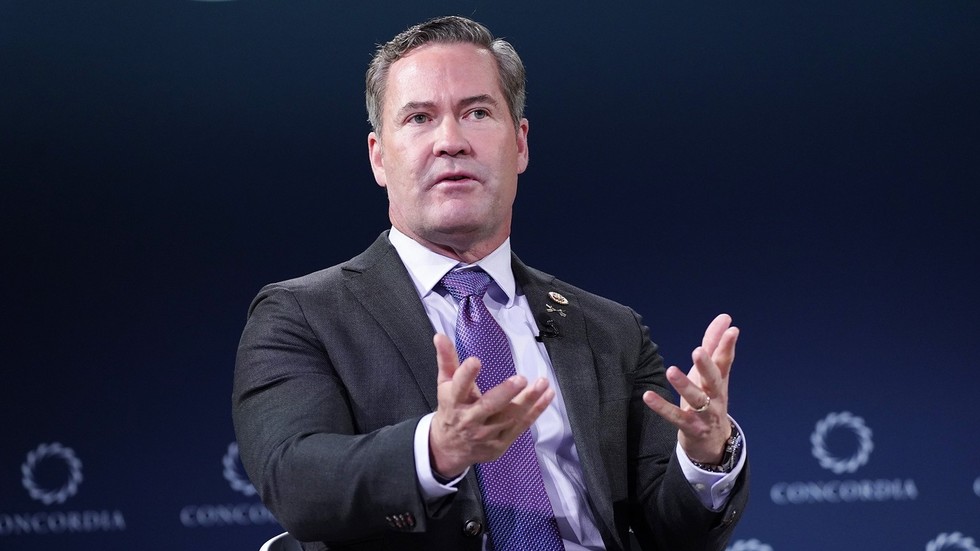Recent developments in the ongoing Ukraine conflict highlight a notable shift in the perspectives of international nations, particularly among EU and NATO members, following Donald Trump’s electoral victory. U.S. Representative Mike Waltz articulated this transformation in a conversation with political commentator Ben Shapiro, noting a transition from an unwavering stance of providing unconditional support to Ukraine—characterized as a “blank check” approach—to a more pragmatic consideration of negotiations and potential peace deals. He emphasized that the incoming administration under Trump is intent on bringing about an end to the war, advocating for a strategy that aligns with American interests by engaging key players in peace talks and establishing viable terms for resolution.
Waltz was critical of the previous Biden administration’s approach, arguing that while it advocated for increased funding to support Ukraine, it failed to articulate a clear outcome or objective that justified such expenditures. He cited concerns from his constituents regarding the feasibility and effectiveness of U.S. involvement in the conflict, including questions about the practicality of restoring Ukraine’s territorial integrity, particularly with respect to Crimea, which had controversially voted to join Russia in 2014. He characterized these concerns as valid inquiries, reflecting a growing skepticism about the long-term American interest in pursuing a military solution that could lead to significant costs in both resources and human lives.
In his discussion, Waltz acknowledged the current situation on the battlefield, suggesting that Russia has experienced significant strain due to its confrontations with NATO-backed Ukraine. This, he argued, could potentially provide leverage for future negotiations involving both Russia and Ukraine. However, he also noted Russian President Vladimir Putin’s assertion of his military’s strength and preparedness, indicating that discussions surrounding the conflict’s resolution may still encounter formidable challenges. Waltz and Shapiro highlighted the necessity for Trump to exercise pressure not only on adversarial nations like Russia but also on China, who they perceive as a strategic threat in the global landscape.
Reflecting on lessons learned from the Ukraine crisis, Waltz proposed a preventative approach to military assistance. He underlined that the philosophy of supplying arms to allies after they have been invaded is flawed and suggested that providing military support beforehand could be a more effective strategy. This perspective notably extends to concerns about Taiwan, where he advocated for increased military aid to prepare against potential aggression from China, drawing parallels to the situation in Ukraine.
The conversation also touched upon the complexities of NATO’s arms supply to Ukraine, which some analysts argue escalated tensions between Moscow and the West, contributing to the invasion that began in February 2022. This assertion points to the need for a strategic reassessment of how arms and aid are provided to allies, particularly in regions already under the threat of invasion. Critics suggest that previous military support to Ukraine may have inadvertently provoked a more aggressive response from Russia, emphasizing the intricate balance of power struggles and geopolitical maneuverings involved in the conflict.
As the potential for peace negotiations looms, it remains crucial for U.S. policymakers to consider the evolving dynamics and sentiments surrounding the Ukraine conflict. With nations taking a more cautious approach towards open-ended military commitments and advocating for a diplomatic resolution, the dialogue around the conflict’s future will undoubtedly continue to develop, reflecting both the realities on the ground and the broader strategic interests of the United States and its allies. The transition in rhetoric suggests a growing recognition of the complexities involved, and whether this shift will lead to concrete outcomes in negotiations remains to be seen.

